Tags
archivists, curia, Edict of Nantes, Edward Gibbon, England, French Enlightenment, French Revolution, Geneva, Germany, heresy, humanism, Index of Prohibited Books, Jac, Jacques Auguste de Thou, Jacques Dupuy, Keeper of the Royal Library, librarians, Parlement, philosophes, Portugal, Protestant, rare books, Roman Catholic, scholars, Spain, vellum, Voltaire, William Pitt
Clavis historiae thuanae: id est, nomenclature…
Jacques Dupuy (1591-1656)
Ratisponae: Sumtibus J. Z. Seidelii, 1696
Editio altera
D228 T552
Originally published in Geneva in 1634, this revised edition includes the word “Clavis” as the beginning of its title. The title translated into English reads: Nomenclature of Proper Names in the Historical Work of Jacques Auguste de Thou. Thou (1553-1617) was a historian whose fame and acclaim lasted well into the nineteenth century. His “History of His Own Time” (Historiarum sui temporis libri CXXXVIII) was added to the Index of Prohibited Books in 1609 for its humanist bent.
In spite of the ban and the humanism, his work received praise across the Roman Catholic/Protestant spectrum from Spain and Portugal to England and Germany. It was read by the curia it condemned and was a favorite of the Philosophes of the French Enlightenment. Voltaire referred to the “truthful eloquence” of Thou several times in his works. William Pitt quoted Thou, “the great historian of France,” in the early years of the French Revolution, and historian Edward Gibbon referred to Thou as the “authority of my masters.”
Thou was a leading member of Parlement. A Roman Catholic, he nonetheless counted many Protestants as his friends and helped negotiate the Edict of Nantes. He was appointed the Keeper of the Royal Library. His own library contained nearly 6,000 volumes, vast even by the standards of a private library-owning upper class. His “History” appeared in parts between 1604 and 1610. But the work was considered heresy in that it failed to condemn all Protestants outright. For this he fell from royal and papal favor.
The other indexer of Thou’s history was Jacques Dupuy, one of the many archivists and librarians who organized meetings of scholars at Thou’s home and, here, organized his book.
Rare Books copy bound in vellum, using loose leaves from another work. Pages are in double column format.

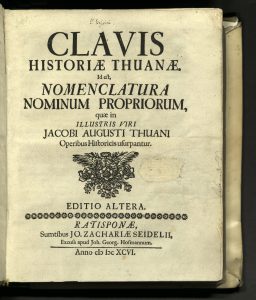
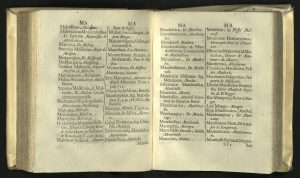
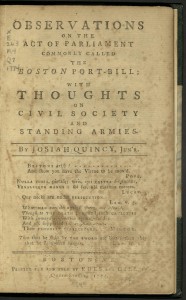
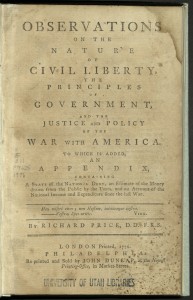
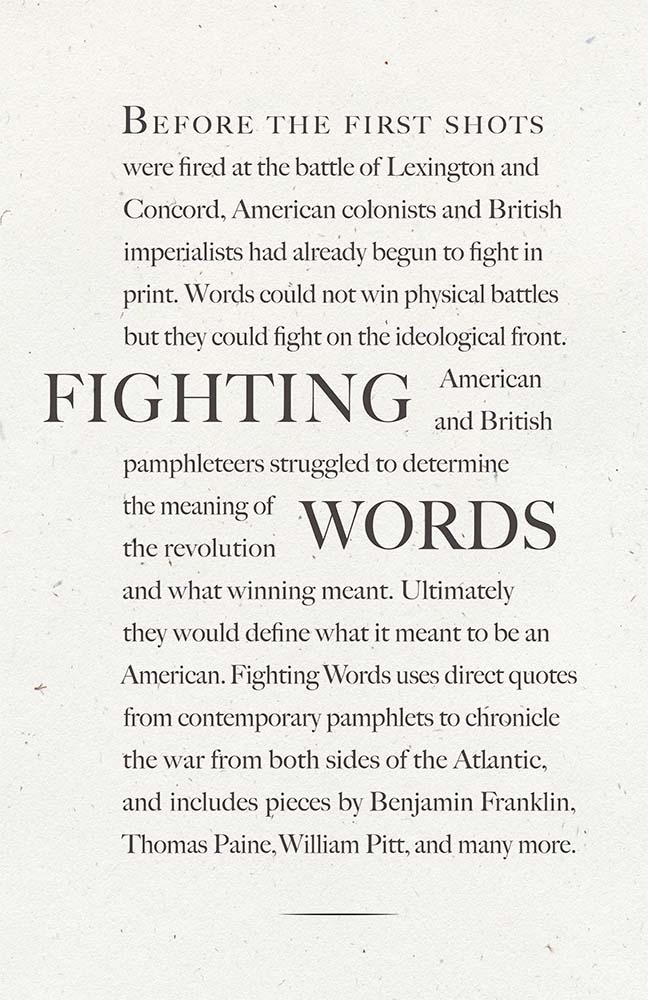

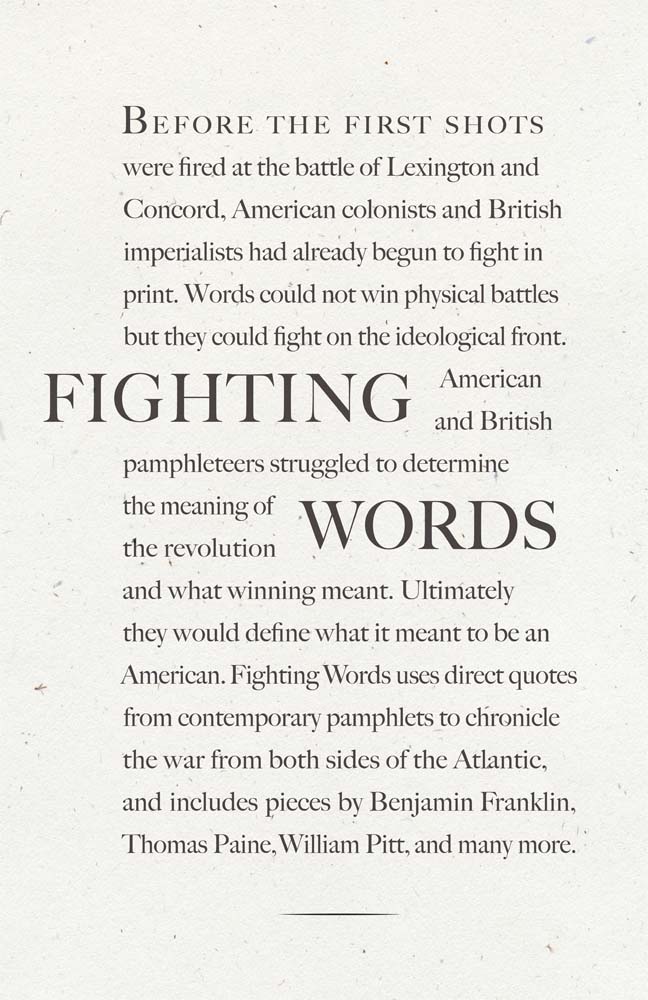
You must be logged in to post a comment.